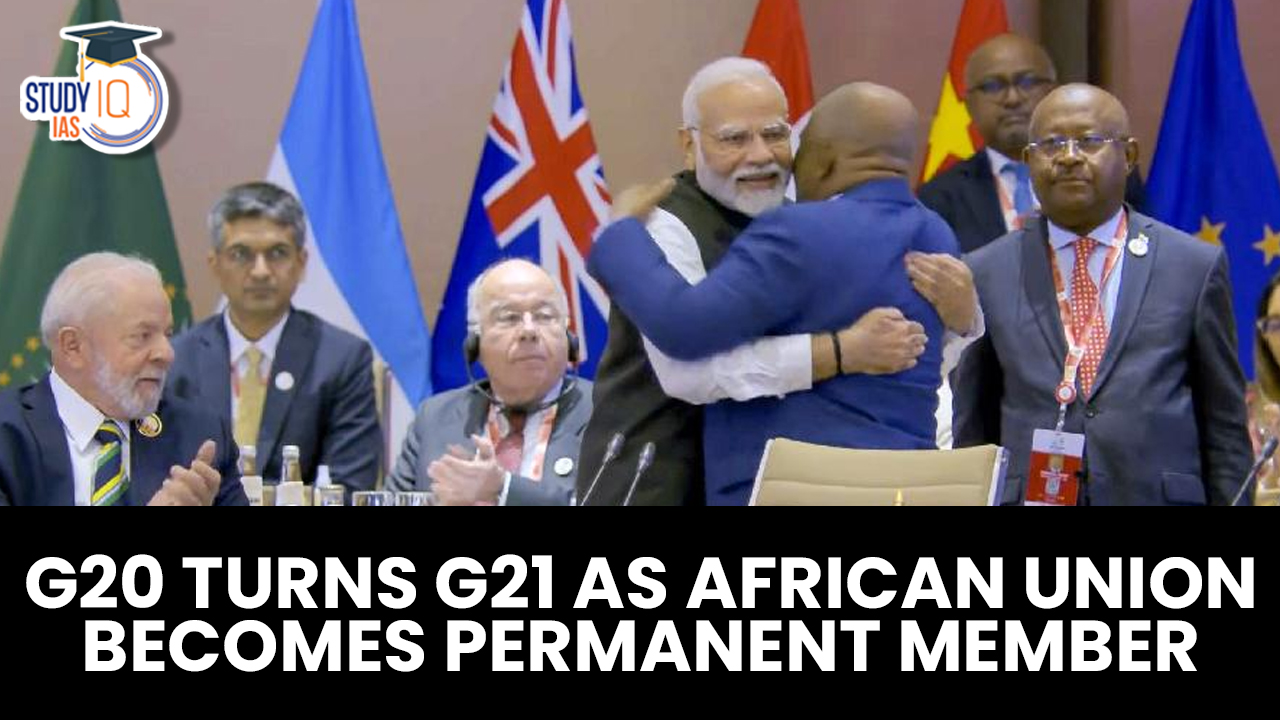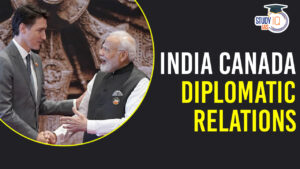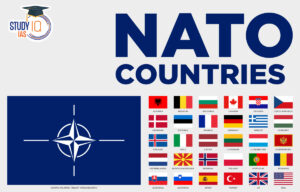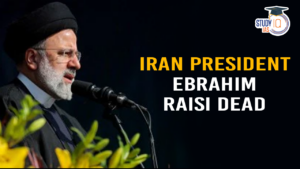Table of Contents
African Union becomes permanent member of G20. During the inaugural session of the two-day G20 Summit, Prime Minister Narendra Modi declared that the African Union (AU) had been granted permanent membership in the G20. This announcement marked the AU’s accession as a new member of this prominent global organization, consisting of 55 nations.
India has deliberately positioned itself as a prominent champion in recent years, bringing attention to the concerns, challenges, and aspirations of the Global South, particularly the African continent. Leading these initiatives has been Prime Minister Modi, particularly when he pushed for the G20 to admit the African Union as a member. Modi took the initiative in June by writing to the G20 country heads and pleading with them to grant the AU full membership at the New Delhi summit.
African Union becomes permanent member of G20
A Historic Moment as Indian Prime Minister welcomes African Union At G20 Under India’s Presidency at the ongoing G20 Summit 2023. In keeping with the sentiment of sabka saath (with everyone), India had proposed that the African Union should be given permanent membership of the G20. I believe we all are in agreement on this proposal,” said the Indian PM.
- The African Union is anticipated to share the same standing as the EU, which now has 27 members and is the only regional organization with full G20 membership. The introduction of the African Union is not anticipated to result in a change in the G20’s name, according to diplomats from G20 member states.
- The African Union should be awarded full membership in the G20, the Indian PM had written to colleagues in the group in June. Important EU members, China, and Russia all supported the initiative, but for different reasons.
- In addition to the EU, important G7 members like Japan supported the initiative to give African nations, who are a component of the Global South, more influence in the system of global governance.
- Given its significant investments in Africa through the Belt and Road Initiative, China was hesitant to be perceived as opposing the move, while Russia was eager to win over additional African states to counter its isolation by the West over the Ukraine crisis.
The drive to include the African Union in the group of the world’s most developed economies was a part of India’s efforts to establish itself as the “voice of the Global South” during its G20 chairmanship.
G20 Becomes G21
As India’s historic Group of Twenty (G20) presidency was underway, India hosted the final summit on 9 and 10 September 2023. During the inaugural session of this two-day final summit of the 18th G20, Indian Prime Minister (PM) Narendra Modi declared that the African Union (AU) has been granted permanent membership in the group of 20 largest economies (G20) worldwide. Azali Assoumani, president of the Union of Comoros and chair of the AU, took the seat as a full member of the G20 shortly after the announcement. G20 Turns G21 as African Union Becomes a Permanent Member.
G20 turns G21 as African Union Becomes Permanent Member
The African Union is to join the the Group of 20 (G20) as a permanent member, India’s prime minister Narendra Modi announced Saturday as he inaugurated a leaders’ summit in New Delhi. During the inaugural session of this two-day final summit of the 18th G20, Indian Prime Minister (PM) Narendra Modi declared that the African Union (AU) has been granted permanent membership in the group of 20 largest economies (G20) worldwide.
African Union G20 Membership
The African Union, a continental body of 55 member states, now has the same status as the European Union – the only regional bloc with a full membership. It was formerly known as a “invited international organization.”Along with other significant international organizations like the World Bank and International Monetary Fund, it has long been a guest invitee to the G20 meeting. However, by taking this action, the group would become a permanent member, just like the European Union, potentially transforming the G20 into the G21 and giving the African bloc a prominent place at one of the most influential international organizations.
The widely-anticipated move underscores India’s wide-ranging agenda to elevate the global multilateral forum’s focus on the Global South in its presidency of the G20 this year. The 55-member bloc of African states is just the second regional entity to be admitted permanently to the G20, following the European Union.
The G20 was previously comprised of 19 nations plus the European Union, and its members accounted for nearly two-thirds of the world’s population, more than 75% of global trade, and about 85% of the world’s GDP.
How can Africa Benefit from this Permanent Membership?
Being a permanent member by itself won’t help Africa in any way. First and foremost, the AU would need to have a cohesive position on issues affecting the continent’s economy and growth in order to participate in a global forum like the G20. In addition, a sherpa with a team of experts will probably be needed for the AU chairperson’s office to do research and present African perspectives on issues at the regional and global levels.
If the AU hopes to greatly benefit from organisations that engage in global governance, such as the G20, having a sherpa is necessary. The sherpa track is one of the G20’s key operating modes. Therefore, how successfully the AU can represent a wide range of concerns coming from the entire continent in those bodies would depend on the amount of money that African nations are ready to commit to the AU Commission.
Important Facts on African Union
A continental organization called the African Union (AU) promotes unity and collaboration among all African countries. There are currently 55 members of the AU, which encourages intercontinental collaboration and the economical development of Africa. The African Union, whose headquarters are in Addis Abeba, Ethiopia, has taken the place of the Organization of African Unity (OAU). The African Union’s 11 million square meter territory is home to 1.3 billion people. The Assembly of the African Union makes policy decisions.
Formation of African Union
- The Organization of African Unity was founded in 1963 by the independent African states. The organization wants to promote inter-African cooperation.
- In 1980, the Lagos Plan of Action was approved by the Organization of African Unity.
- In order to lessen its dependency on the West, the approach recommends that Africa promote intra-African trade.
- The African Union, which took the place of the Organization of African Unity in 2002, listed furthering the “economic integration of the continent” as one of its goals.
African Union Member Countries
| African Union Countries | ||
| Liberia | Burkina Faso (suspended) | Morocco |
| Chad | Algeria | Egypt |
| Ghana | Rwanda | Djibouti |
| South Sudan | Nigeria | Central African Republic |
| Tanzania | Kenya | Zambia |
| Somalia | Leone | Sierra |
| Eswatini | Eritrea | Gabon |
| Gabon | Senegal | Mozambique |
| Tunisia | South Africa | Benin |
| Togo | Mali (suspended) | Namibia |
| Burundi | Zimbabwe | Guinea (suspended) |
| Botswana | Cameroon | Malawi |
| Libya | Mauritius | Guinea-Bissau |
| Cape Verde | Ivory Coast | Democratic Republic of the Congo |
| Ethiopia | Lesotho | Mauritania |
| Comoros | Angola | Seychelles |
| Sahrawi Arab Democratic Republic | Republic of the Congo | Niger |
| Gambia | Madagascar | Equatorial Guinea |
| São Tomé and Príncipe | Uganda | Sudan |


 India-Canada Relations, Evolution, Recen...
India-Canada Relations, Evolution, Recen...
 NATO Countries List 2025, Check Out Memb...
NATO Countries List 2025, Check Out Memb...
 Iran President Ebrahim Raisi declared de...
Iran President Ebrahim Raisi declared de...





















